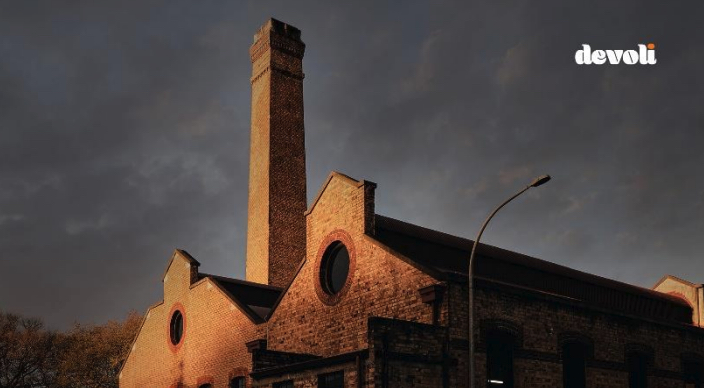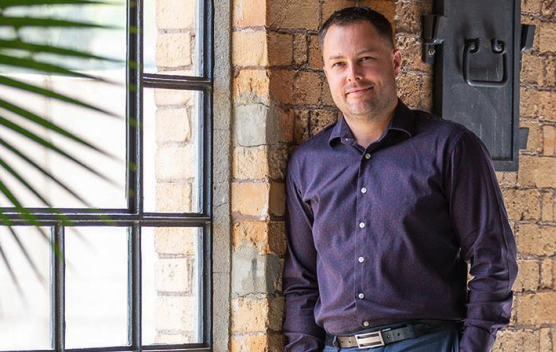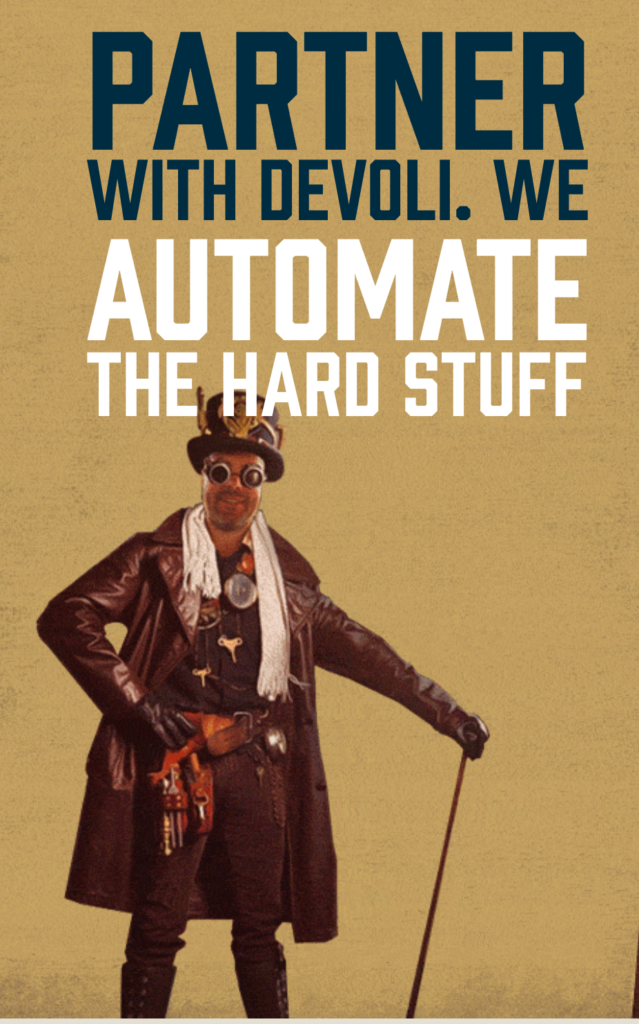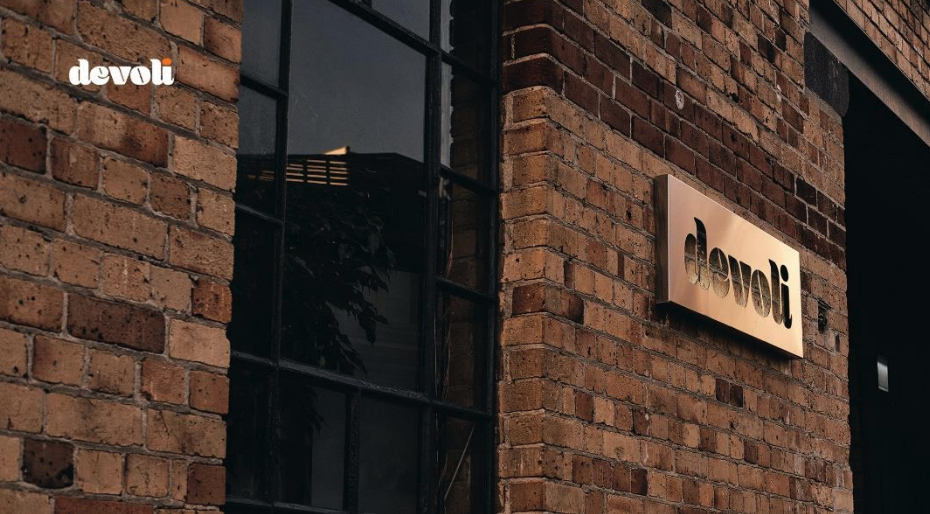
Devoli has chalked up another great year and has grown significantly since our first investment in 2014. Devoli now manages over 100,000 broadband connections and Australian expansion beckons. Plus we welcomed a new 40% shareholder, Takutai Ltd to the board alongside Punakaiki Fund. Vincent Heeringa tells the backstory about this devilishly good company.
To understand Devoli you need to cast your mind back to 2008. ‘Mad Men’ was the hottest TV show on the globe. Teenage singer Taylor Swift was riding high with her second album ‘Fearless’. And Paul Reynolds presided over a Telecom that was in the process of being broken in two. The split into wholesale (Chorus) and retail (later Spark) was long overdue. It had been fought for by free-market innovators and resisted by Telecom’s board and its shills.
The split sparked a minor revolution. New Zealand was the first to see an incumbent telco ‘voluntarily’ break up and welcome aspiring competitors into its network. It also coincided with the rollout of Ultra-Fast Broadband, providing Kiwis with some of the fastest and cheapest Internet delivery in the world.
The Internet was suddenly anyone’s business.
Into this fertile soup stepped entrepreneurial telco engineers, Davey Goode and Barry Murphy, and software specialist Hadleigh Bognuda, with Vibe Communications. The mission: make it easy to navigate the tangle of pipes and relationships needed to set up direct relationships with Chorus.
“Davey and Barry were dynamos in a sector that was lazy,” recalls Lance. “I remember when I first met them, Davey stuck a transceiver against the window, pointed it at the Sky Tower and said’ there ya go, you’ve got the Internet’. They were just those kind of guys. Anything’s possible if you just push it hard enough.”

The two did push hard, making the technology and the market bend in their favour.
“Davey and Barry had seen first hand the frustrations of smaller businesses working with the legacy Telco providers. With Chorus opening up the network, there was a need for an independent aggregation business to be the champion for the customer by allowing more tailoring and the ability to scale without having to buy and manage your own network. In today’s terms, it’s a bit like fractional ownership,” says the now CEO Karl Rosnell.
The model worked. IT firms used Vibe to create networks for their customers. New ISPs launched using Vibe as a ‘white label’ for their retail brands – so-called Virtual ISPs. Vibe itself launched new products including IntelliPath, which allowed inter-data centre connections to be established within minutes. And it imported start-of-art gear for its growing customer base.
By 2014 Vibe ranked 34th in the 2014 Deloitte Fast 50 with 252% revenue growth and 189th in the 2014 Deloitte Technology Fast 500 Asia Pacific index.
Punakaiki Fund jumps in
Across town, newly minted VC fund Punakaiki Fund was hunting for opportunities. It had already invested in a couple of smaller companies but had bigger fish in mind. “Vibe was the kind of company we were looking for. It had strong sales, a terrific team and great potential to benefit from the market disruption,” says Lance.
Punakaiki Fund was the first external investor, originally investing for a 20% stake in April 2014 and lifting that to 25% the next year. Lance joined the board.
Soon after, Vibe took its first foray across the ditch purchasing an Australian group of companies called RackCentral for a share and cash deal. By 2017 the company was humming, recording just under $1 million per month in recurring revenue, expanding access for the Intellipath brand in Australia, and netting some big New Zealand customers.
The company was winning ugly, picking up contracts and opportunities where conventional telcos left money on the table. Punakaiki brought some corporate discipline. The company hired John Wiggs, lance’s brother, as CEO and also brought in Grant Wakelin as Head of Finance and Operations, later CFO. (Sadly, Grant died of cancer earlier this year).
“The idea was to get some enterprise discipline in there,” says Lance. “The wheeling and dealing, just make it happen culture is right for a start-up. Davey and Barry formed relationships and by hook and by crook they put it together. What we needed were processes.”
A key step was creating the automation software that could turn the bootsrap into business. “Davey wrote it and combined with the new eecutve leadership,Vibe was starting to look like an enterpise.”
The company also hired young-gun Karl Rosnell as a general manager. Karl had just wound up as CEO of Connect, a successful IT and UC business and customer of Vibe.
“Connect is really successful in what it does but the rental model means a customer sale is generally once every three or five years, depending on the size of the deal. We were great at selling vehicles but were leaving all the petrol in the pump. When I got introduced to the Vibe guys it was a real ‘aha’ moment for me. They had something magical – they allowed IT companies like us to create wonderful recurring revenue streams by selling the petrol.
“I joined Vibe when there was just under a million dollars a month of recurring revenue. For a business run by a couple of engineering founders that’s an outstanding success. Building scalable, recurring revenue streams is challenging in any environment. It speaks volumes about them and the quality of their solution that it grew through word of mouth and relationships.”
What Vibe lacked was scale and speed. Karl saw a future and so did Punakaiki.

New look, new brand
In late 2017, Vibe rang in the changes. Karl was made CEO, replacing John Wiggs, and immediately led a rebrand, merging Vibe and Intellipath into Devoli – a play on the idea of being devilishly clever. The company moved premises to a freshly renovated Victoria Park and started hiring new staff, notably
New directors were added. Paul Trotter, Sean Hannan and Brook Paterson joined while founders Davey Goode and Barry Murphy stood down. Punakaiki Fund lifted its share to 33%, then bought further shares from the founders in 2018, taking its stake to 44.5%.
Success bred success. A big win occurred when Devoli was appointed to back Stuff Fibre, the first virtual ISP customer of real scale. “They put their brand on the front of our machine and we grew them to 20,000 customers in a pretty short space of time. It was an important proof point for us – showing that we could operate at scale with a big New Zealand brand.”
The win was short lived. Much to the team’s dismay Stuff Fibre was purchased in 2020 by Devoli’s competitor Vocus Communications. “It was obviously extremely disappointing for our team. And to be fair, it was disappointing for Stuff too. We grew them from 3000 customers to 20,000 and they won Broadband Provider of the Year for four years in a row.
Disappointments aside, it’s a measure of how robust Devoli’s is that revenues continued to grow, especially after winning the contract to provide broadband for Contact Energy in 2019 and more recently Nova Energy (2022).

Devil’s in the detail
Karl says the secret behind Devoli’s success is that it delivers exactly what the founders originally intended – making the complex simple. Networks are largely the same, he says. As a country we’ve upgraded our networks to cope with demands of Netflix and the Rugby World Cup – but essentially what comes down our pipe is the same no matter who the provider is.
“What makes Devoli different is the service we offer our customers, especially through automation. Our platform creates a single pane of glass for a customer to order what they want. That might be provisioning a new 0800 number, installing a new site for a business or a residence, upgrading to fast fibre, checking a fault or billing queries.
“You don’t have to be technical to use it. It strips the lingo out of the market to help anybody to be successful.”
Covid, Australia and beyond
If you were to design a way to handle a Covid lockdown, it might just be Devoli in March 2020. The company was already ‘light’ in that it works in software, so being physically present was not strictly necessary. A culture of trust meant working from home was not as disruptive as it was for many. And they’d just signed Contact Energy to provide broadband to its now burgeoning work-from-home customer base.
“We did really well. It wasn’t as disruptive for us as it was for many, and of course we were busy with Contact. But I’ll be honest, it was unpleasant. How do you connect with each other and generate the kind of magic from humans bumping into each other regularly? You know, that’s been the bit that I’ve worked personally on the most. How do we continuously try to extract that goodness?”
Culture has been a key part of Devoli’s success. To present a simple solution to clients requires a backroom full of hardworking, smart engineers.
Karl says Devoli’s culture is built on the “old fashioned stuff”. The Victoria Park premises are a former restaurant and during the refit they decided to keep the bar and large kitchen area. Every Friday the company hosts drinks and holds barbecues in the summer. They celebrate successes every week and encourage multidisciplinary teams to ensure problem solving. “We want our engineers to mingle with the network team and the customer success team. It’s one company with a single aim: to solve customer’s problems.”
The company now employs 46 staff and expects to grow. “But the nice thing about our business is that it’s scalable. We don’t need hundreds of new staff to grow hundreds of new sites or connections.
And speaking of growth, where next?
Rohan MacMahon, a Punakaiki-appointed director, says Australia is especially attractive because it’s large but relatively unsophisticated. “We don’t see anyone over there doing the same things as us or at least not well.”
He says mobile is a possibility. Mobile is often rebranded by retailers such as Coles – so-called mobile virtual network operators. “With some modification our tech could provide that virtual mobile service as it could in Singapore or elsewhere,” says Rohan.
Karl’s bullish as ever. He says the unbundled telco markets offer opportunities in Singapore, UK, South Africa, Europe and North America. “There’s plenty of places to compete and win. But also there’s emerging technologies, right? We’re looking at mobile, fixed wireless, Starlink, Google Fibre or whatever, it doesn’t matter. Our job and our platform is to provide the right product for the customer no matter where they might be.”

Helluva good company
Back home the success continues. Earlier his year Devoli reported 75,000 broadband connections up from 44,000 a year earlier. The most recent data, released in early July 2022, indicates that new broadband signups have continued at pace with Contact Energy now having over 70,000 broadband customers, and more recently we understand that Contact Energy now has more broadband connections than they do for gas!
It’s also undertaken significant network modernisation and investment allowing Devoli to compete head-to-head with the larger incumbent telco businesses, leveraging their agility and ability to deliver complex network-based solutions.
And the growth continues. In November last year, Devoli was ranked 47th in the Deloitte Fast 50, and 10th in the Masters of Growth category. It was also named one of the top 27 New Zealand-based Network Security Firms and Companies, and had a material role in helping Contact Energy claim multiple accolades at the New Zealand Compare Awards including the Supreme Champion Award and the prize for Best Customer Support.
Update: Following the publication of this story, Davey and Barry sold the remainder of their shares to new investors Takutai Limited, the family office of Peter and Mary Wells, founders of NZX/ASX listed Vulcan Steel. Takutai holds 40% of Devoli and has put James Well, Vulcan’s CIO on the Devoli board.
Rohan MacMahon, Punakaiki’s representative on the board welcomes the Tukutai investment. “They share the vision for Devoli to grow into a major services business and have the same ‘hold and grow’ philosophy as we do.”
